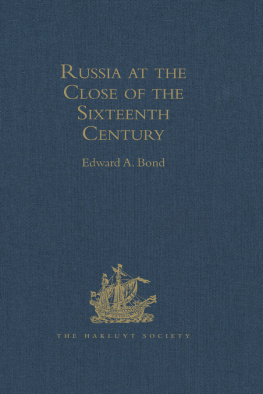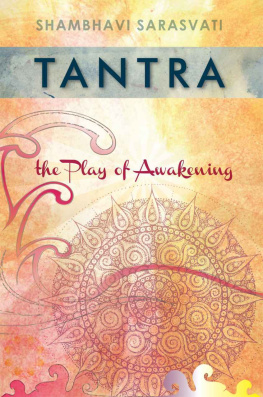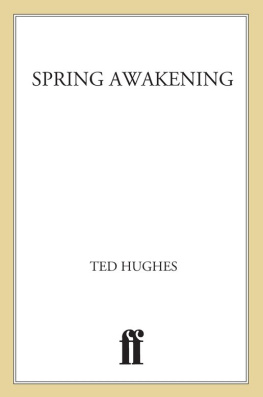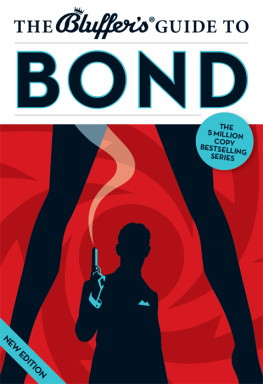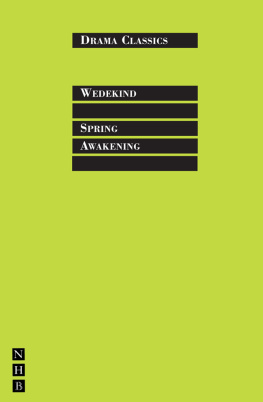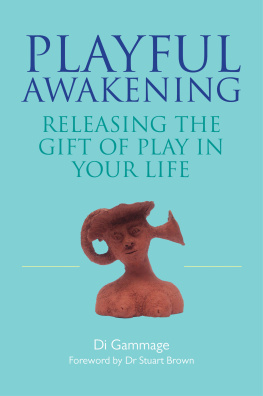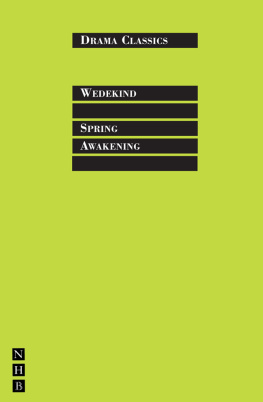
CHARLOTTE RYLAND studied at Selwyn College, Cambridge, St Johns College, Oxford, and University College London, where she completed a doctorate on the German-language poet Paul Celan. She teaches German at Oxford University, and her research interests are in twentieth-century German literature, with a particular focus on the impact of the Holocaust.
Methuen Drama Student Edition
Methuen Drama, an imprint of Bloomsbury Publishing Plc
10 9 8 7 6 5 4 3 2 1
This edition first published in the United Kingdom in 2012 by Methuen Drama
Methuen Drama
Bloomsbury Publishing Plc
50 Bedford Square
London WC1B 3DP
www.methuendrama.com
This translation first published in 1980 by Eyre Methuen Ltd
Copyright in this translation and translators introduction 1980, 2009
by Edward Bond
Commentary and notes copyright 2012 Methuen Drama
Edward Bond has asserted his rights under the Copyright, Designs and Patents Act 1988 to be identified as the translator of this work
Epub ISBN: 978 1 408 15716 9
Print ISBN: 978 1 408 14089 5
Available in the USA from Bloomsbury Academic & Professional,
175 Fifth Avenue/3rd Floor, New York, NY10010.
www.bloomsburyacademic.com/
A CIP catalogue record for this book is available from the British Library
Typeset by Country Setting, Kingsdown, Kent CT14 8ES
Printed and bound in Great Britain by CPI Group (UK) Ltd, Croydon CR0 4YY
CAUTION
All rights in this play are strictly reserved and application for performance etc. should be made to Casarotto Ramsay and Associates Ltd, Waverley House, 712 Noel Street, London W1F 8GQ. No performance may be given unless a licence has been obtained.
This book is sold subject to the condition that it shall not, by way of trade or otherwise, be lent, resold, hired out, or otherwise circulated in any form of binding or cover other than that in which it is published and without a similar condition, including this condition, being imposed on the subsequent purchaser.
This book is produced using paper that is made from wood grown in managed, sustainable forests. It is natural, renewable and recyclable. The logging and manufacturing processes conform to the environmental regulations of the country of origin.
Contents
Introductions by Edward Bond
2009
1864 | 24 July: Emilie Wedekind, ne Kammerer (18401915) gives birth in Hanover, Germany, to the second of her six children: Benjamin Franklin (Frank) Wedekind. Father: Friedrich Wilhelm Wedekind (18161888), doctor of medicine. The parents had just come back from America. |
1872 | Dr Wedekind purchases Castle Lenzburg near Aarau in Switzerland where the family settles. Frank attends the Gemeindeknabenschule, then the Bezirksschule from 1875, then from 1879 the Kantonsschule in Aarau. |
1879 | He writes Der Hnseken, a childrens epic for his youngest sister; writes poems and scenes (mostly parodies), in which he acts himself, for the school literary society. |
1884 | Matriculation. Enrols first at the University of Lausanne to study German philology and French literature. In the autumn, at his fathers insistence, enrols at Munich University to study law. Theatres, concerts, art museums become his principal haunts. |
1886 | Starts his first play. Meets Michael Georg Conrad and becomes a friend of Karl Henckell. Open quarrel with his father. November 1886 to July 1887: advertising manager of the Maggi soup firm near Zurich. |
1887 | Contact with the socialist group Young Germany around Gerhart and Carl Hauptmann and John Henry Mackay. Starts to write for the Neue Zricher Zeitung. September: makes his peace with his father. |
1888 | 11 October: sudden death of Dr Wedekind. |
1889 | MayJuly: in Berlin. Then Munich. Contact with Otto Julius Bierbaum, Oskar Panizza, Hans Freiherr von Gumppenberg. Friendship with Willy Rudinoff and Richard Weinhppel. |
1891 | To Easter 1891: writes Spring Awakening. December: to Paris, where he stays with interruptions until 1895. |
1892 | Fascinated by the theatre, ballet, varits and the circus, whose way of life will help him to shape his philosophy. Friendship with Emma Herwegh; probably first contact with Willy Grtor. Begins Lulu plays. |
1894 | JanuaryJune: in London. Meets Max Dauthendey, Georg Brandes; back in Paris, meets Albert Langen, his future Munich publisher. |
1895 | Returns to Germany: February in Berlin; summer in Munich. Tries to get his plays performed, without success. Autumn: Lenzburg, then Zurich; gives public readings mainly from Ibsens plays, using the pseudonym Cornelius Minehaha. Starts his best known novel Mine-Haha. Langen publishes Earth-Spirit (Erdgeist), the first of the Lulu plays. |
1896 | Summer in Munich. Has more contributions than any other author in Langens successful new periodical Simplicissimus. |
1897 | Contact with Kurt Martens of the Leipzig Literary Society. Readings. |
1898 | 25 February: first performance in Leipzig of Earth-Spirit. Under the pseudonym Heinrich Kammerer, Wedekind plays the part of Dr Schn. The director, Carl Heine, and his wife Beate along with Kurt Martens become lifelong friends. Heine tours Earth-Spirit with his Ibsen Theater: Wedekind is actor and theatre secretary. Back in Munich, Georg Stollberg, director of the Schauspielhaus, employs him as a dramaturg, director and actor. On 29 October, after the Munich premiere of Earth-Spirit, Wedekind is given a hint that he is going to be arrested because of some political poems published in Simplicissimus under the pseudonym Hieronymus Hobs. Flees to Switzerland, then to Paris. Roughs out The Marquis of Keith. |
1899 | With The Marquis of Keith complete, he hands himself over to the German police in June. Accused of lsemajest and sentenced to seven months imprisonment, a sentence later commuted to confinement in a fortress (Festungshaft), in fact, Knigstein near Leipzig. While Wedekind is still there, The Singer, also known as TheTenor (Der Kammersnger), has its first night in Berlin (10 December). |
1900 | 3 March: back to Munich. Contact with Max Halbe and his literary circle. 28 September: The Love Potion (Der Liebestrank or Fritz Schwigerling) premiered in Zurich. |
1901 | April: joins the new cabaret The Eleven Executioners (Die Elf Scharfrichter) in Munich, and is the only member not using a pseudonym. 11 October: first night in Berlin of The Marquis of Keith (Der Marquis von Keith). |
1902 | 22 February: first night in Munich of King Nicolo (So ist das Leben or Knig Nicolo). |
1904 | 1 February: first night in Nuremberg of Pandoras Box (Die Bchse der Pandora) the second, more hostilely received of the Lulu plays. 23 March: confiscation of the first published edition. 1905 1 February: first night in Munich of |
Next page

